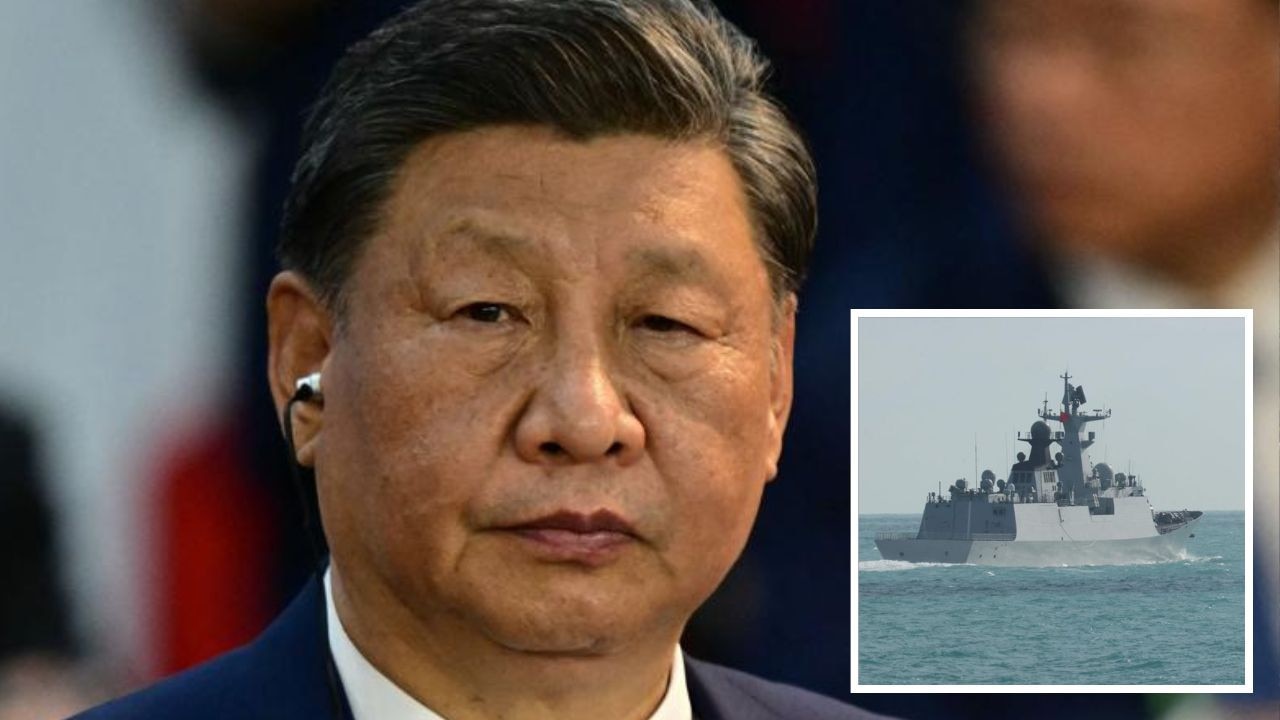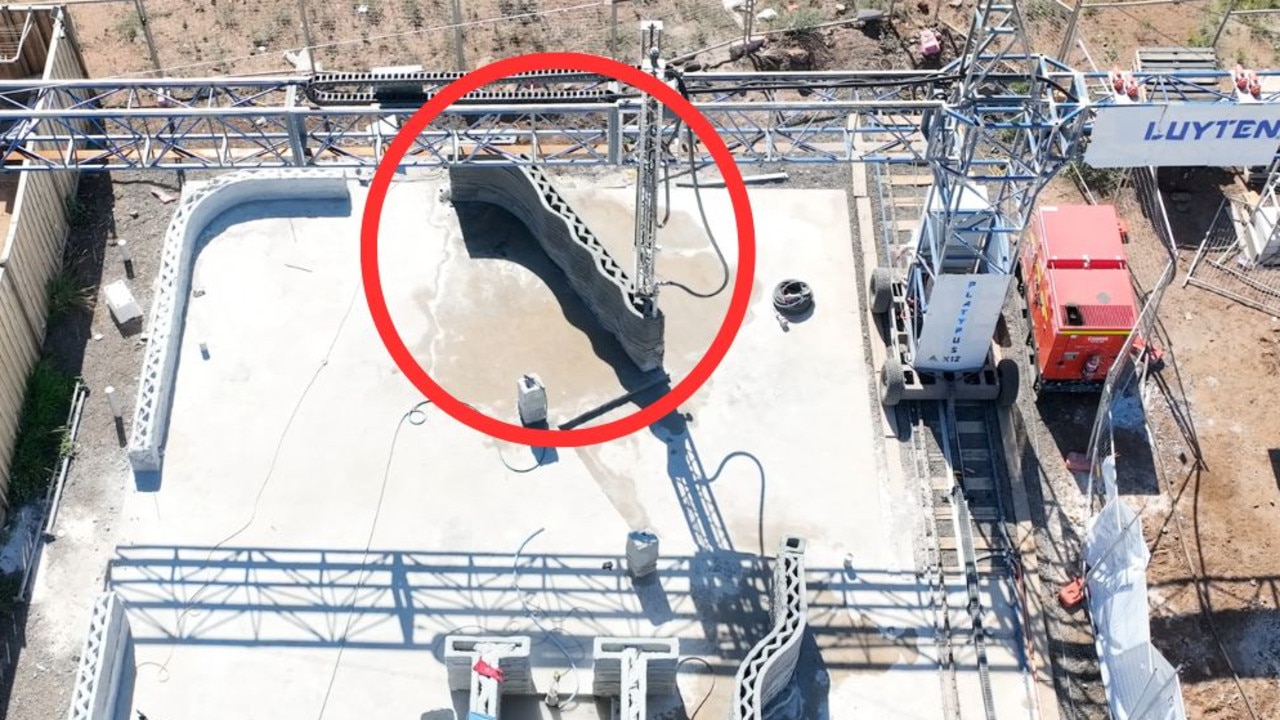Uncomfortable truth about China’s brand new newsreaders
Her name is Mulan. She’s an unquestioning “digital journalist” with a passion for the news. But the truth about her is infinitely more unsettling.
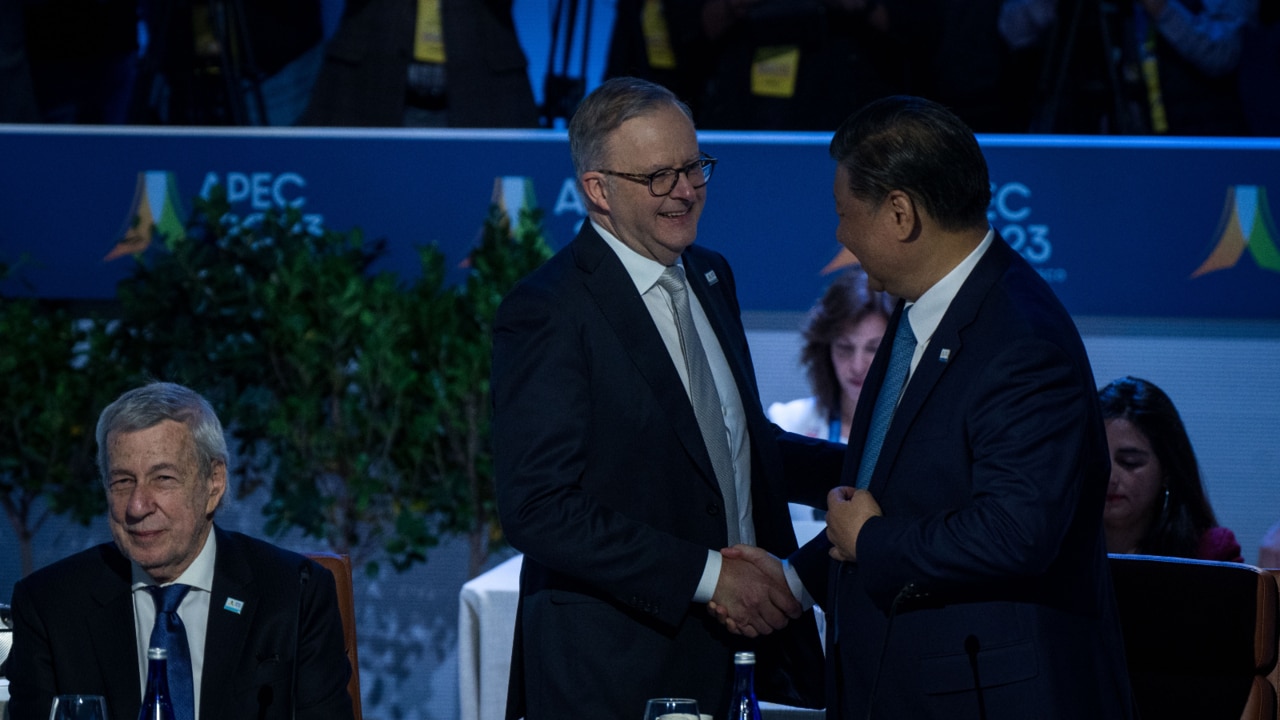
You can’t get good staff these days. So China’s turning to AI chatbots and virtual reality avatars.
Loyalty. Enthusiasm. Unquestioning compliance.
The Chinese Communist Party under Chairman Xi Jinping demands these qualities over all others.
But even the best dogmatists make mistakes. And who can trust the proletariat not to think for themselves?
The People’s Liberation Army (PLA) has the answer.
Forget discipline. Forget training.
Meet its newest propaganda department recruit.
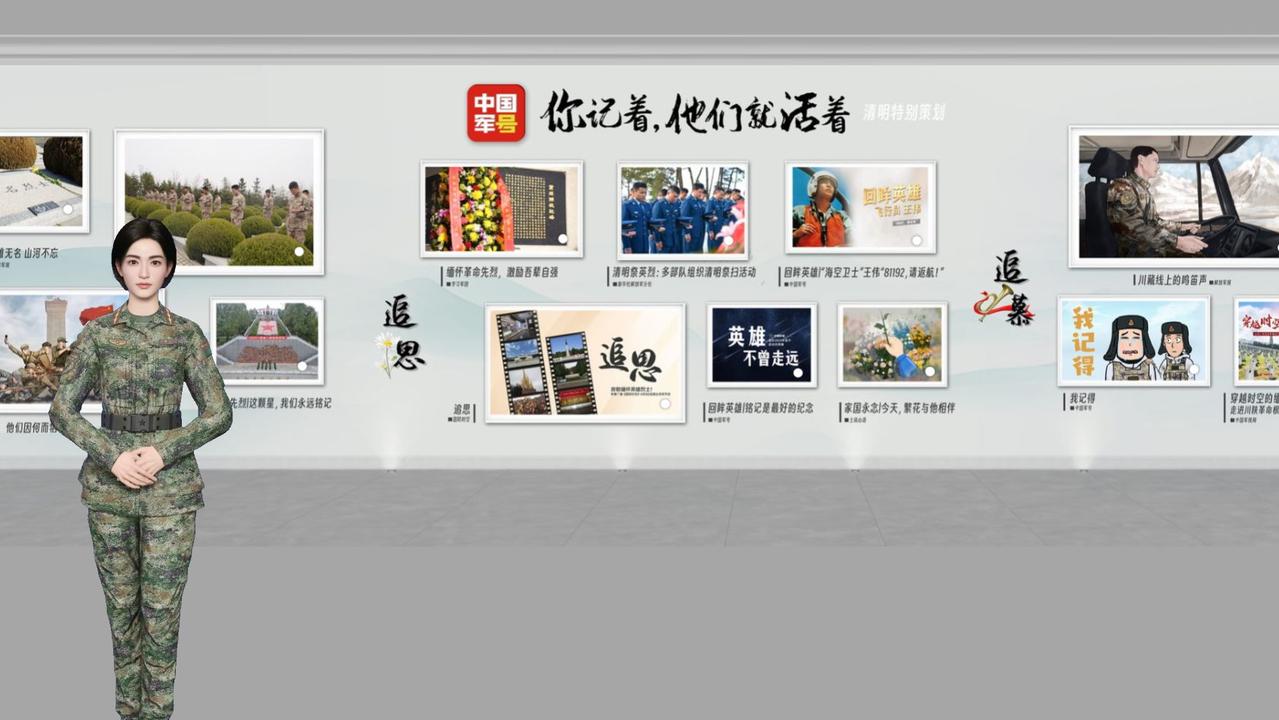
“Her name is Mulan, who is valiant and agile, and is the first hyper-realistic digital reporter in the entire army,” the official military publication China Bugle proclaims.
“She” is an unquestioning “digital journalist” drafted to “sing the hymn of heroes and sow red faith”.
Ramrod straight. Unblemished. Unwavering.
Chairman Xi instructed a 2015 “Work Report” inspection tour of PLA media that its mission was “cultivating souls and educating people, rectifying work styles and discipline, training and preparing for war, deepening reform, and creating a good atmosphere for strengthening the country and the military.”
The army complied.
Bright-eyed. Bob-haired. Young. Vivacious.
Mulan represents everything Xi wants his military to be.
“The producers of China Bugle see a powerful aggregated production media system using a variety of advanced technologies for deep integration … and standardised management on one network,” the online publication declares.
Mulan made her public debut in March – shooting, parachuting, cyber hacking and introducing the Two Sessions parliamentary spectacle in Beijing.
But now, she’s increasingly missing from action.
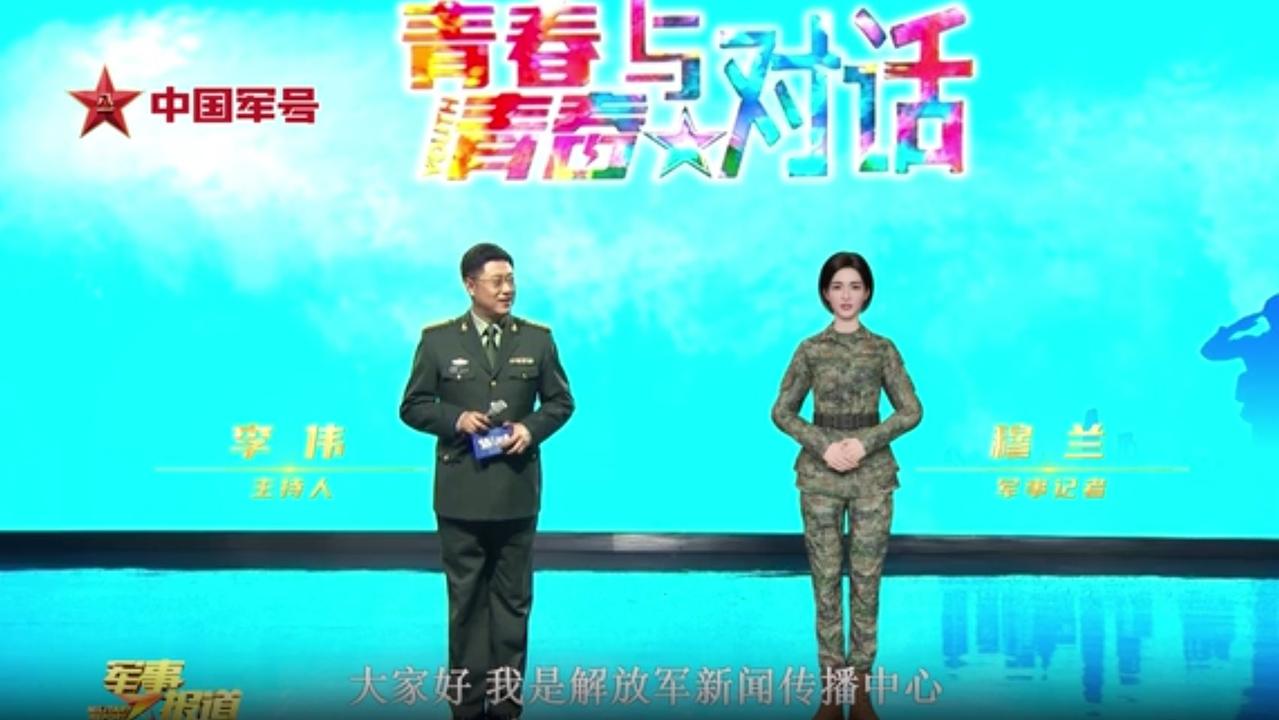
A New Party “Machine”
Dictatorships – as seen in Russia and Iran – traditionally respond to resistance and noncompliance through the overwhelming application of force.
“Reactive repression is costly and, in some instances, may not save the dictatorship caught up in a crisis because it cannot rely on its security apparatuses, especially the military, to carry out its orders,” argues The Diplomat’s researcher Mercy Kuo.
But Chairman Xi, through the structure of his all-pervasive Chinese Communist Party bureaucracy, is taking a much more proactive approach.
“Preventive repression is more effective and less costly. It relies on intelligence, surveillance, and intimidation to deter and pre-empt resistance or collective action against the regime. Preventive repression is not cheap or easy, but it affords the regime a higher degree of control,” Kuo states.
Under Xi, this includes how China reports on – and sees – itself.
Beijing’s censors earlier this year banned and deleted hundreds of video drama productions for “negative” portrayals of Chinese life.
Their offence?
Exploiting the concept of dysfunctional families for engaging storylines.
China’s Communist Party’s censors proclaimed the shows “promoted unhealthy and non-mainstream views on family, marriage and love, and deliberately amplified and exaggerated conflicts between husband and wife, mother-in-law and daughter-in-law, etc.”
Its motivation?
Falling Chinese marriage and birthrates. And Chairman Xi’s order to only portray “positive energy”.
Political researcher Dr Clyde Yicheng Wang says this has resulted in sections of Chinese dedicating themselves to producing “chicken soup for the soul”.
“They do not provide substantive information, but instead try to offer emotional support. It is mostly based on conservative moral values and offers a placebo for those who struggle with everyday life and work by telling them not to give up when meeting challenges, to listen to their elders when facing problematic family relations, and not to blame others when facing inequity.”
It’s a line frequently being pushed by state-controlled media.
And it’s a role AI chatbots – programmed for unwavering compliance – are ideally suited to.
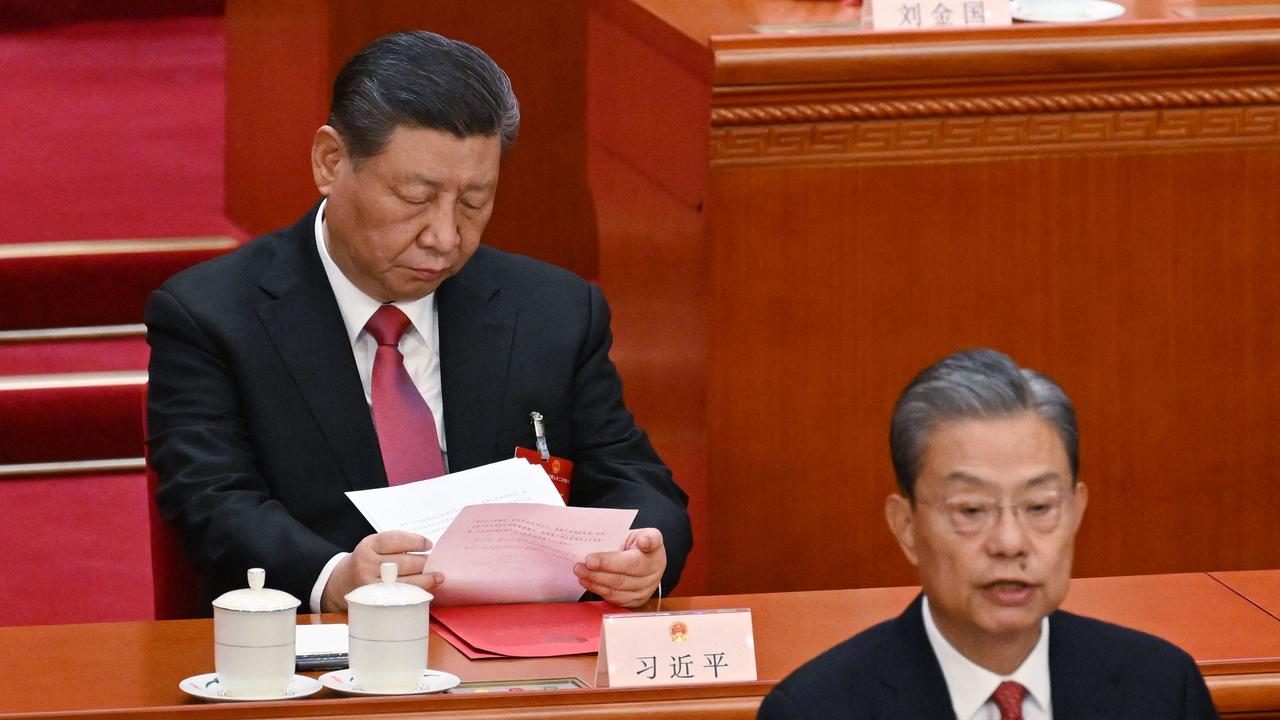
Exiting the Uncanny Valley
“Since her spectacular debut, actual appearances of Mulan have been few and far between,” China Media Project researcher Alex Colville reports.
The issue, the researchers state, is that Mulan “seems to distract viewers from the news she’s presenting”.
China’s strict, AI-controlled social media moderation hasn’t filtered out criticism about her appearance, performance – and rank.
None of it, viewers say, is real.
But Mulan isn’t unique. Nor is it the first.
Beijing-controlled media have been experimenting with virtual presenters since 2015.
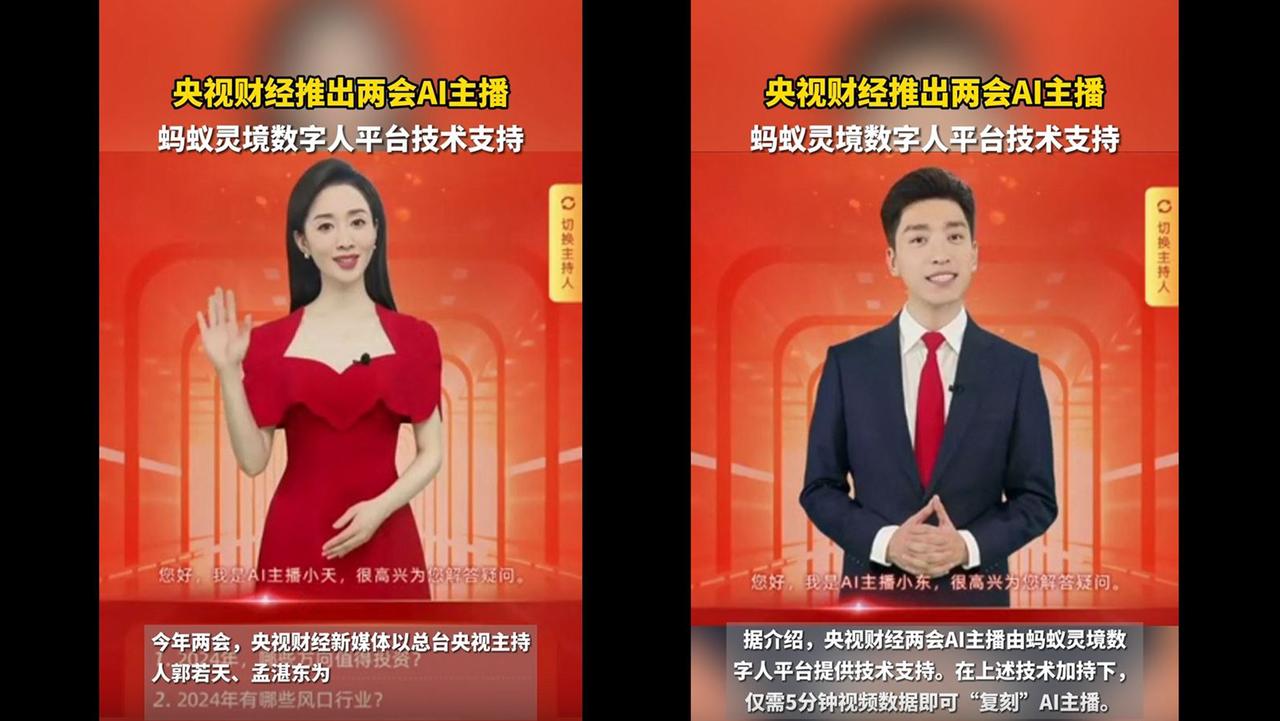
And non-government software developers are now selling services that convincingly animate avatars of real people, mimic real voices and generate accurate scenery.
Scammers and advertisers are already adopting these easy-to-use apps – as are China’s propaganda units.

And China’s media organisations, long under the scrutiny of CCP commissars, deployed AI versions of several of their presenters to cover the seminal Two Sessions assembly in March.
There, CCTV Finance appears to have beaten the PLA in the digital-presenter arms race.
“The outlet uploaded much more natural AI replicas of two of their (real) presenters to answer the public’s questions 24 hours a day,” states China Media Project.
More Coverage
It also released a documentary showing how a five-minute video grab of another real presenter was enough for her features and mannerisms to be “mapped” into an accurate – and believable – avatar.
One that’s far more reliable than the real thing.
“Don’t say things like ‘I’m bored to death, or ‘dead tired’ or … complain about how poor you are,” the CCP’s national publication People’s Daily chided its staff last year. “You should say instead that it’s not so bad, that you can handle it, and that everything will be fine … Remember, words are powerful!”




